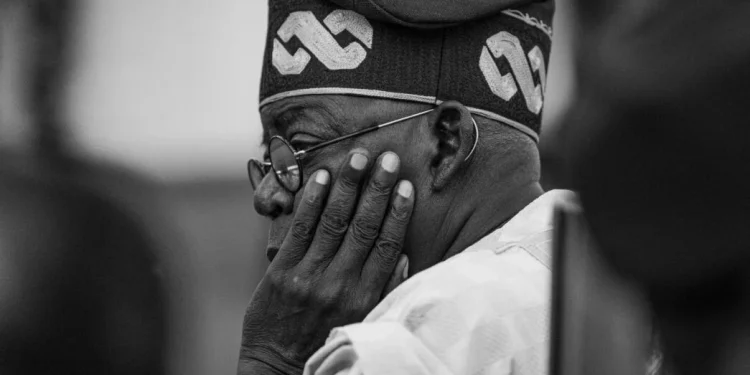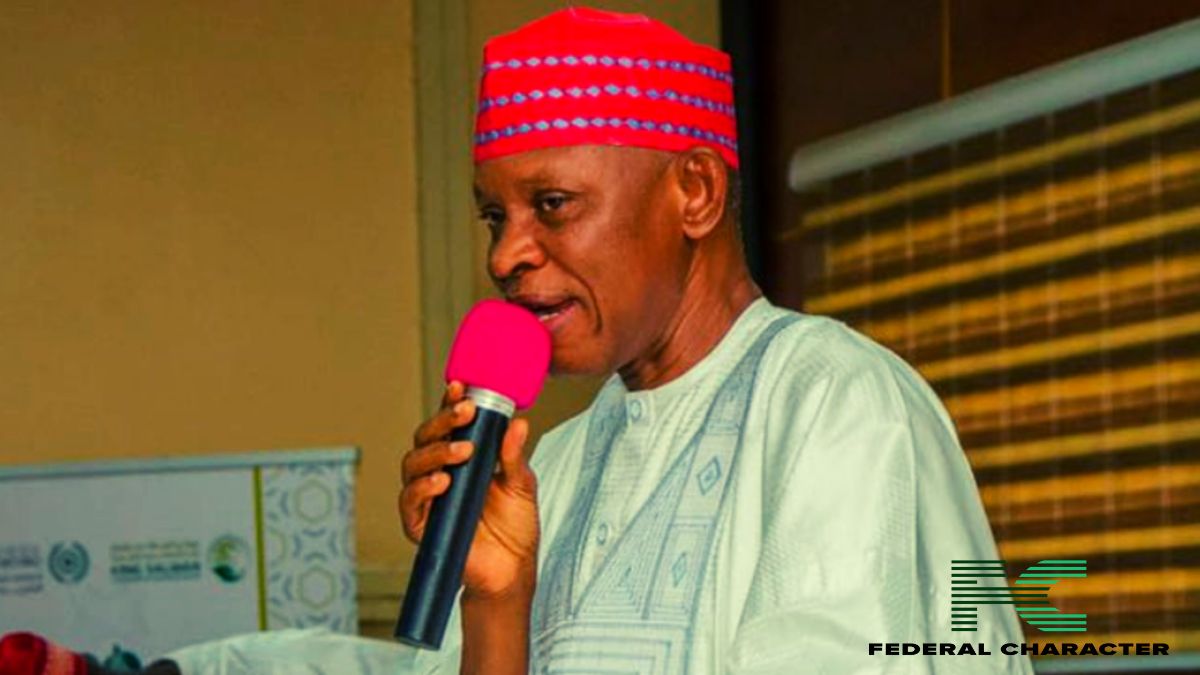President Bola Tinubu’s decision to pardon 175 people has left Nigerians asking one question: mercy or madness? The news spread fast, and many citizens were quick to question the logic behind freeing people who have either long died or committed serious crimes. Some wondered if this was truly justice or just another show of misplaced mercy.
Of What Use Is a Pardon to the Dead?
Among those granted pardon are the late Ken Saro-Wiwa, Major General Mamman Vatsa, and even Herbert Macaulay, men who died decades ago. Nigerians are now asking, what is the use of pardoning the dead? Can the dead feel mercy? Can they see justice? The truth is, some of these people fought for their rights when it was dangerous to speak up, and now, long after they are gone, they are being offered forgiveness for crimes that were never theirs to begin with.

A Gesture or a Distraction?
The Presidency claims Tinubu’s decision was to promote national unity and fairness, but many are not buying that explanation. For some, Tinubu’s mercy feels like a distraction from the real issues facing the country, hunger, insecurity, and the collapse of public systems. When people are struggling to eat, a list of presidential pardons feels like a luxury nobody asked for.
Balancing Justice or Mocking It?
While the Presidency insists that the move shows compassion, Some see it differently. They believe Tinubu’s mercy is misplaced, forgiving people who can’t even say thank you.
Tinubu’s Mercy or Madness?
At the end of the day, Tinubu’s mercy or madness, whichever way you see it has stirred emotions across the country. Mercy should bring peace, but this one seems to have brought confusion. Nigerians are not against forgiveness, but they want justice that makes sense, not pity that mocks the living and glorifies the dead. If this is mercy, then maybe Nigeria needs less of it and more accountability.

















